Description
Description
Just like mom and dad told you when you were a child,
“After they made you, they broke the mold baby”
Because you are so unique, you have special needs.
Recently, I wrote a blog discussing the importance of knowing what your inherent weaknesses are and how they can possibly be supported. If you fix what is weak you will become stronger -- swinging the odds in your favor. These inherent traits are what makes us stand apart from one another.
The other factor that makes us stand alone as individuals are the lifestyle choices we make. Do you see the giant pink gorilla in corner of the room?
Frequently asked question about choosing a unique combination of herbs just for you
To help you get started in choosing your own herbal plan, below are five of the top frequently asked questions we receive, that can help you make better decisions:
Q: Do tonics and adaptogens support specific functions and systems?
A: The principle reason for using tonics and adaptogens is to support the body’s ability to have healthy responses to external stressors and provide a deeper level of nourishment that everyday foods do not provide.
Every tonic and adaptogen while providing the tools to possibly support the integrity of the entire body may also possibility support specific systems. What makes this possible is the plant’s phytochemical makeup.
All of these plants have constituents which may support whole body health, yet, each plant stands alone in that it contains specific constituents found only in that plant. It is those specific constituents that may be what supports the individual systems.
Some examples would be:
- Bacopa may support a healthy nervous system (tonic) 1
- Astragalus may support a healthy immune system (tonic) 2
- Tongkat Ali may support a healthy endocrine system (tonic) 3
Q: What does the term “double direction” mean when referring to tonics?
A: The term double direction is a fancy way of saying that an herb provides balancing qualities and has the ability to work on both ends of the spectrum. The end goal is always to support balance which supports properly functioning systems. A balanced body is a better working body.
For example, if you have 2 individuals and one is low on energy and the other has so much energy that they can’t sleep -- the same tonifying herb can be used. Both of these individuals are in need of the deep nourishment that tonics may supply in order to possibly bring their systems back to a place of order. In other words, both people are dealing with the same issue but it is just manifesting in a different way.
Q: What is the most efficient way of using adaptogens and tonics when supporting individual needs?
A: The simplest way to support individual needs is to 1) pick one supportive adaptogen, a deep nourishing tonic that is specific to your inherent weakness, and 2) several highly nourishing functional foods. Here is a sample of what it would look like if you were someone who’s inherent weakness focused on respiratory based issues.
Weakness of the Respiratory system:
- Ashwagandha
- Astragalus
- Garlic, Onions, Apples, Chlorella, Cayenne, Camu Camu
Another example is an inherent weakness in the kidneys:
Q: What is the easiest way to figure out the proper amount of a tonic or adaptogen needed in order to support my individual needs?
A: This can be done in one of two ways. First, look at the research which is often based on isolate standardized herbs to get a better idea of amounts that would be best for you. Or the other way of approaching this would be taking the time to learn your body and how it responds to different foods and herbs. The truth is a study can only give you guidelines, and can’t really tell you about you, as an individual. Therefore I strongly suggest to be patient and take the time to learn about you.
Q: What does it mean when someone describes an herb as “food grade”?
A: The classification of an herb as food grade is referring to how the herb can be applied to one’s lifestyle based on the qualities of that herb. While all herbs are a part of the plant or fungal kingdom, food grade herbs have 2 qualities that stand apart from others.
First, they can be used in an indefinite manner with no safety issues. Long-term tradition has backed that point up in almost every culture. Four very good examples are:
- Maca root
- Reishi mushroom
- Ginseng
- Astragalus
Look at the cultures that use them and how they are used. The proof is in the pudding. The other factor that sets it apart is the large variety of ways it can be prepared. Traditionally, these food grade herbs are used in soups, tonic drinks and baked goods for daily consumption. They are not consumed as medicine, but instead, as a tonic and part of one’s daily diet.
If you had that “ah ha” moment while reading this blog, then I bet if you look in the corner of the room that giant pink gorilla is no longer there. Sometimes we look for the more complex answer for our problems believing that is the best route to take.
Most often it is the most simple resolution that will have the most profound effects.
About Michael Stuchiner
Michael Stuchiner is an experienced Master Herbalist, the Head of Education for Z Natural Foods, a teacher and an accomplished author. With a 16-year specialization in medicinal herbs, Mike also has a vast knowledge in tonic and adaptogenic herbalism. Mike has enjoyed a 25-year career as an elite-level competitive powerlifter where he learned to heal his ‘mind and body’ as an avid user of herbal remedies.
As an “in-the-trenches” herbalist, Mike has done more than 85 speaking engagements, consulted with clients ranging from young to elderly, worked with athletes in virtually all sports and with clients who have “dis-ease” states of a wide variety. Mike also mentors student Master Herbalists and will continue to teach the next generation to grow a deeper wisdom of the human body through appropriate herbal remedies.
For Bulk inquiries and custom formulations click here.
References
- Aguiar S. 2013. "Neuropharmacological review of the nootropic herb Bacopa monnieri." PubMed.gov. Accessed January 23, 2018. https://www.ncbi.nlm.nih.gov/pubmed/23772955.
- Qi Y. 2017. "Anti-Inflammatory and Immunostimulatory Activities of Astragalosides." PubMed.gov. Accessed January 23, 2018. https://www.ncbi.nlm.nih.gov/pubmed/28830214.
- Henkel RR. 2014. "Tongkat Ali as a potential herbal supplement for physically active male and female seniors--a pilot study." PubMed.gov. Accessed January 23, 2018. https://www.ncbi.nlm.nih.gov/pubmed/23754792.


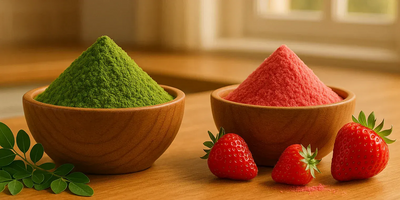
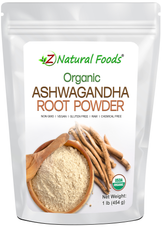
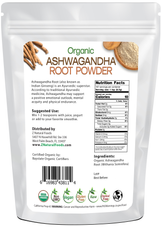
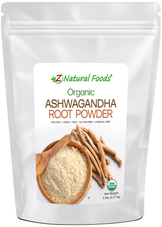
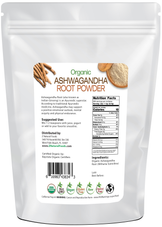
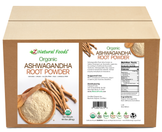
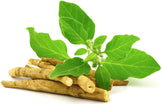
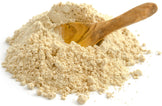
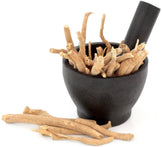

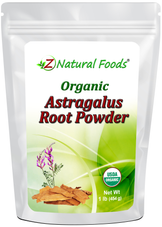
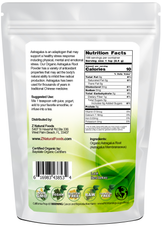
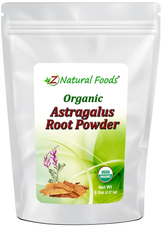
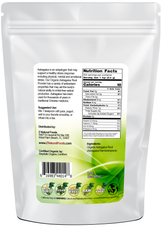
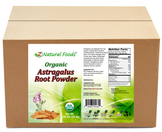
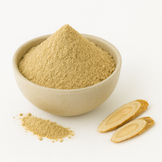
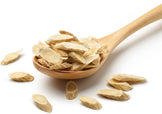

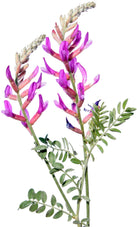

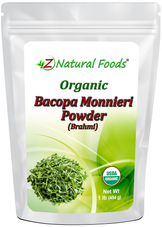
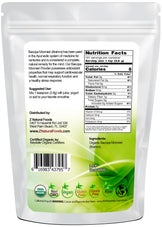
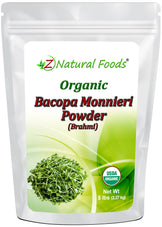
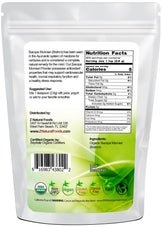
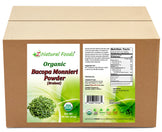
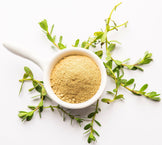
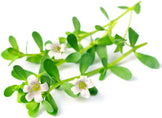
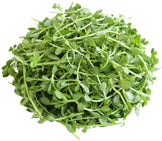
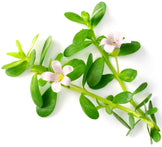
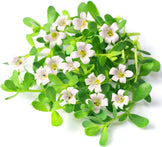












Thanks for the broad article on herbal needs. It was very helpful undoubtedly.